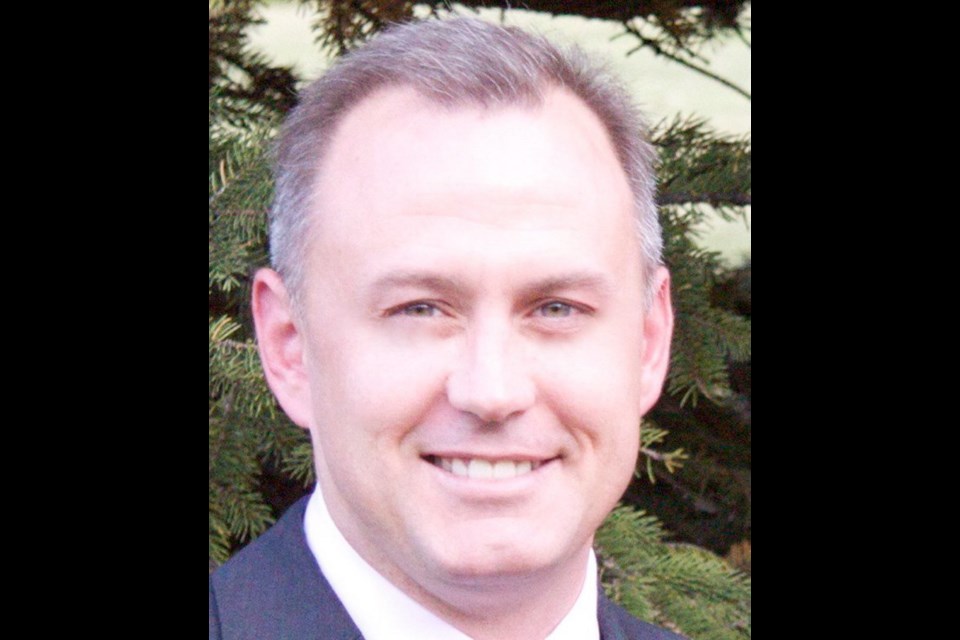Toronto Mayor Rob Ford, with his narcotic admissions and grotesque videos, is a very public example of a problem afflicting millions of Canadian families, say addictions experts.
“What’s playing out in Toronto with the mayor and his family and the citizens is exactly what we see happening every day across our country,” said Marshall Smith, community relations manager for Cedars of Cobble Hill Society, a non-profit addiction recovery group.
“We see a family desperately struggling to deal with the issue,” Smith said in an interview. “And we see a community that is sad for the individual, angry at the disease of addiction and frustrated.”
He was speaking after admissions by Ford that he has smoked crack cocaine “in a drunken stupor” and a bizarre video of Ford delivering a profanity-laced rant in which he says he is going to kill someone.
Cedars of Cobble Hill is embarking on year-long series of workshop-style presentations, called Recovery Speaks, beginning Sunday at the Belfry Theatre.
Smith said the series is an attempt to launch a meaningful discussion about addiction and recovery at all levels — individuals, families, justice and social policy makers.
“Clearly this is topical right now as a result of what’s going on in Toronto,” he said.
Smith, seven years into recovery, said too often when people think of alcoholics or addicts, they think of homeless people living under bridges and clutching paper bags.
The truth is 4.9 million Canadians are in either short-term or long-term recovery from addictions and most are not on skid row.
“This is everywhere in our community,” Smith said.
Neal Berger, executive director at Cedars of Cobble Hill, said one of the worst ironies about the disease of addiction is the reactions it can attract from friends and family.
For example, a diagnosis of cancer will evoke all kinds of help and support, but the admitted addict brings on embarrassment or is ignored. If help is provided, too often it is only assistance to cover up the problem.
“The mere suggestion someone might have an addiction problem and it’s ‘Oh no, he’s not an addict, no problem there,’ ” Berger said. “They don’t realize it’s a disease they are dealing with and their comfort and support only allows the disease to continue.”
Berger said addiction presents with symptoms that can be diagnosed, like a disease. And it responds to specific treatments, also like a disease.
Berger counts himself lucky.
In 1974, working as a therapist in a mental health setting, he mentioned in passing to a psychiatrist that he thought he might have a drinking problem.
That psychiatrist simply said he was sorry to hear that.
Then he offered the name of an expert and told Berger to call right away.
“He knew this is a disease that kills,” Berger said. “He said, ‘Don’t mess around with this.’
“His response was no different than if I had told him I had just started spitting up blood,” said Berger, who took the advice and has been in recovery ever since.
Recovery Speaks takes place Sunday from 7 to 10 p.m. at the Belfry Theatre, 1291 Gladstone Ave. Admission is free.
For more information, go to recoveryspeaks.ca.



